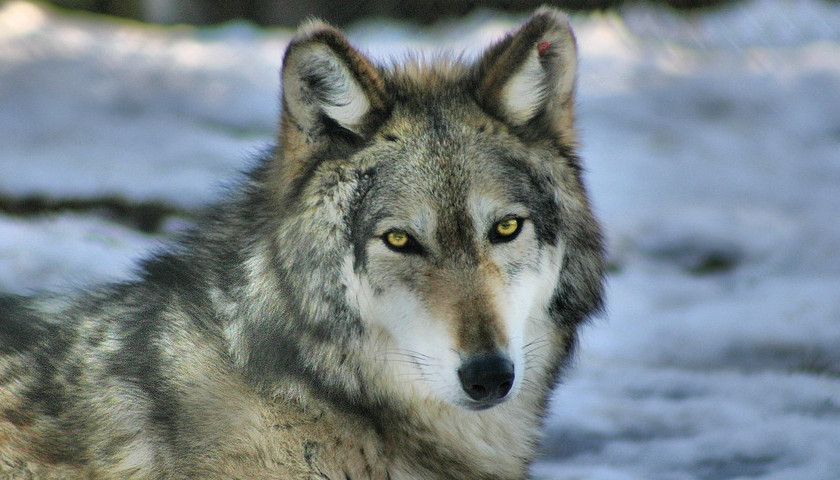Michigan Attorney General Dana Nessel caught criticism Wednesday after submitting a letter to the U.S. Fish and Wildlife Service questioning its proposal to remove the gray wolf from the endangered and threatened wildlife list.
Nessel said that the Service is not taking gray wolf populations in other states into consideration, pushing instead to declare gray wolves no longer in danger of extinction based only on populations in the Great Lakes area.
Gray wolves are found in Michigan, Wisconsin, Washington, Oregon, California, North Dakota, South Dakota, Utah, Colorado, Nevada, Missouri, Indiana, Illinois, Nebraska and Kansas. There are currently more than 1,500 gray wolves in Wisconsin and Michigan, according to a 2017 to 2018 report by the Service.
There are less than 16,000 gray wolves nationwide, the attorney general said in a statement, with 11,000 of those living in Alaska. Nessel’s letter to the Service clarifies that Alaskan gray wolves are not considered endangered.
“Inexplicably, the Service fails to analyze whether gray wolves currently living in those thirteen other states are in danger of extinction throughout all or a significant portion of its range,” Nessel said in the letter. “Instead, the Service inquiries only whether the gray wolves in Michigan and Wisconsin can survive if all of the other gray wolves die off.”
This is the 10th attempt by the Service to de-list the gray wolf in less than 20 years, according to a statement from Nessel.
Some officials have pushed back against Nessel’s recommendation, citing state authority and population management issues.
“Why would any state leader desire to take away our state’s sovereignty to manage our wildlife issues?” said State Sen. Ed McBroom (R-Vulcan-38) in a joint statement with State Rep. Greg Markkanen (R-Hancock-110).
The legislators noted that Michigan’s Department of Natural Resources currently lacks the authority to manage wolf populations that may interfere with livestock or pets.
“This is just another example of our AG meddling without considering how she is hurting the citizens of Michigan, and the U.P. in particular,” said Markkanen. “She is jeopardizing the heat for our homes, jobs and energy, and now our wildlife management.”
Nessel points out in the letter that the Service previously attempted to remove gray wolves from the endangered and threatened species list by naming wolf populations in the Western Great Lakes region as distinct from other populations. The D.C. Circuit Court ruled that this was not justifiable.
“While Michigan has been successful with its recovery efforts, other states have not been so fortunate,” Nessel said. “Instead of using Michigan’s leadership to the detriment of the gray wolves in other states, the Service should allow the Michigan Department of Natural Resources to lead by example so that other states can manage the gray wolves within their borders into recovery, not extinction.”
– – –
Jordyn Pair is a reporter with Battleground State News and The Michigan Star. Follow her on Twitter at @JordynPair. Email her at [email protected].





